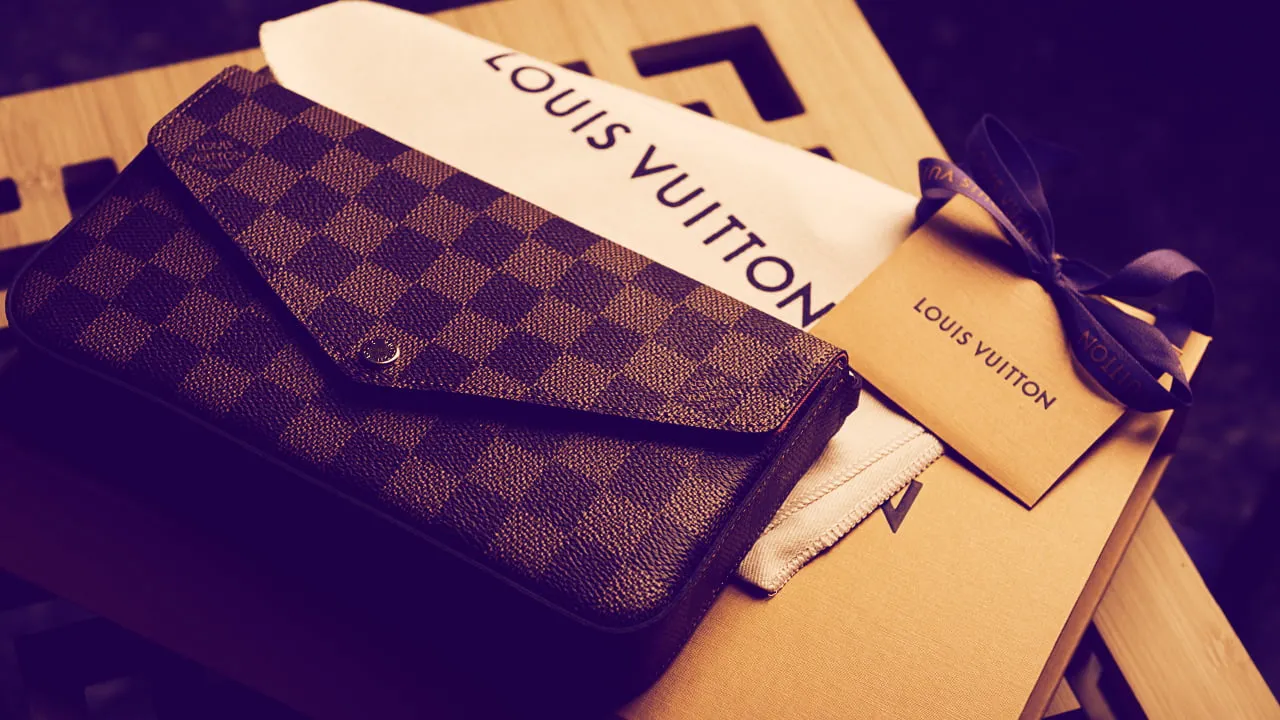Paris-based Arianee is hoping to do what the French typically do best—add a bit of class, culture and sophistication—in this case, to buying high-end luxury goods a la blockchain.
Let’s say you’d like to purchase a Rolex or a Louis Vuitton bag. How do you know what you’re buying is legit? You could just go to a brick-and-mortar shop and make your purchase from the brand itself, but what if you buy it through a third party?
Arianee wants to make it easy for consumers to look up and trace the history of their luxury times, no matter how many times the goods change hands, and verify the original source.
“Digital authenticity is valuable in today’s world,” says Yasseen Saad, a content manager at Arianee. “Global counterfeiting will always exist, but this will help serve as another layer of added security and transparency backed by blockchain.”
Let’s say you buy a Rolex watch with serial number “999.” If Rolex made use of the Arianee protocol, you would receive a specific, non-fungible token that represents this serial number as soon as you’ve completed your purchase. Just like the physical certificate of authenticity, this token is digital proof that the watch you own is verified.
To register your purchase, you would simply scan a QR code using the Arianee app, and viola: you are now the proud owner of both a genuine Rolex watch and an ERC-721 token attached to its serial number, “999.”
The token is not interchangeable and no other token exists that’s going to digitally represent your watch on Arianee's proof-of-authority, Ethereum-based permissioned blockchain. You can also transfer the token, or show this digital certificate to appraisers or insurance companies as a proof of ownership. The idea is to provide a well-preserved and trusted record of an item—like a “CarFax” for your watch or luxury good.
“History in terms of luxury goods or really any goods is powerful,” says Emmanuelle Collet, one of the six founders of the company. “It adds value.”
The company is undergoing a private token sale that is slated to end Q2 of 2019 and is gearing up to help bring top-shelf brands to the space by going after the $98 billion counterfeiting problem haunting their industry.
Beyond helping high-end consumer brands fight counterfeiting, the technology could provide a way for them to stay in touch with their customers—while still preserving the latter’s anonymity through the use of Smart-Links and zero-knowledge proof technology. The brand would only know that a token for a specific item’s serial number has been created, but it won’t know any of the personalized details of the item’s owner.
These brands could then directly reach out to these token owners, by paying Arianee a modest price, to send them pre-sale invitations or remind them to service their goods, regardless of how or where these consumers purchased their items.
“The business model for Web 2.0 is all about how we can take user data for a company and exploit it without real user consent,” says Collet, who hails from the customer-relationship management side of the advertising world with stints at places like Omega Watches. “The aim of Arianee is not being the next Facebook of luxury goods where users spends hours every day on the app. We want to revolutionize the [customer relationship management] ethically and without needing your personal info,” he says. “It’s about meaningful connections for brands and luxury good owners.”
While there are other proof-of-provenance services out there, such as VeChain, which tracks logistics for large supply-chain industries, few are tackling the high-end luxury space. Collet says the Arianee team, which is mostly comprised of former luxury brand executives, is now focusing on partnerships with top brands and working in spaces that include high-end arts, wine, fashion and jewelry. She says the company is preparing to announce such partnerships in early 2019, and luxury-good consumers can expect to begin using the Arianee app in boutique stores in Europe, Asia, and parts of the United States around Q2 of next year.
And you’ll probably have to wait a while before using the service to authenticate your next pair of Yeezys. “It all depends on our success into getting in touch with the right person,” Collet says. “We’re open to it.”
If the company is successful, the future of buyer’s remorse over fake goods may very well be a thing of the past.

